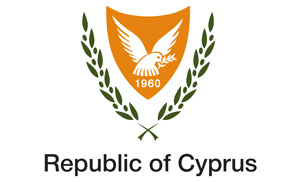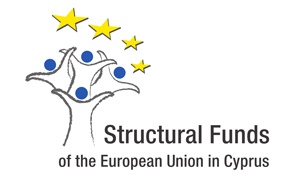Over the recent years, research in Wireless Sensor Networks (WSNs) has gained great momentum mainly because of the potential advantages that this new technology provides. Sensor nodes can be deployed inside a phenomenon to provide in situ, real-time data about the state of the environment, thus sensor networks can provide an interface between the physical world and computers allowing the later to vanish into the background. Their unique feature is that they can capture the spatial and temporal dynamics of the environment or process they monitor. It is envisioned that the cost of the sensor nodes will be extremely small allowing the deployment of huge dense networks. Also the deployment cost will be small since they can be simply thrown in an area, even airdropped in areas that are inaccessible to humans.
WSNs have been proposed for monitoring a large area against the presence of event sources. The events can be intruders, enemy vehicles, pollutant sources or fires depending on the application. In all situations, each event source emits a signal or substance that attenuates inside the area under observation and is reliably measured only by a small fraction of the sensor nodes based on their location relative to the events. The objective of this project is to develop and analyze efficient and fault-tolerant algorithms that can be used in the context of environmental monitoring for detecting, localizing, and tracking events in an area using a WSN. In our approach, to limit the cost of the overall system, we will consider simple, cheap sensors whose resolution is limited; in fact emphasis will be given to binary sensors that become alarmed when their measurement exceeds a certain threshold. Furthermore, binary sensors have cheaper maintenance since they require less calibration.
Due to the simple nature of the sensor nodes, sensing can be tampered (accidentally or maliciously), resulting in a significant number of sensor nodes reporting erroneous observations. Therefore, it is essential that any event detection, localization and tracking algorithm used in this context exhibits fault tolerant behavior in order to tolerate misbehaving nodes. The main contribution of this project will be the development and analysis of simple and decentralized algorithms that use the binary observations of the sensors for tracking multiple events in a fault-tolerant way. Furthermore, tracking will be performed in real-time by the alarmed sensor nodes that are elected as leaders, utilizing only information from their neighbors. Finally, in our approach we will investigate collaborative approaches that rely on static, mobile or hybrid sensor networks. This project is expected to make significant contributions in a number of areas including decentralized and intelligent control, collaborative signal processing and distributed robotics.
This project is funded under the Cyprus Research Promotion Foundation’s Framework Programme for Research, Technological Development and Innovation 2009 (DESMI 2009), co-funded by the Republic of Cyprus and the European Regional Development Fund, under the priority action “Information and Communication Technologies” and specifically under the theme of “ICT in Health and Quality of Life”.








